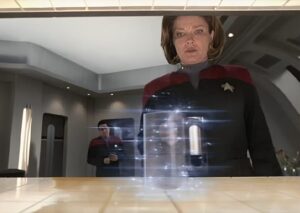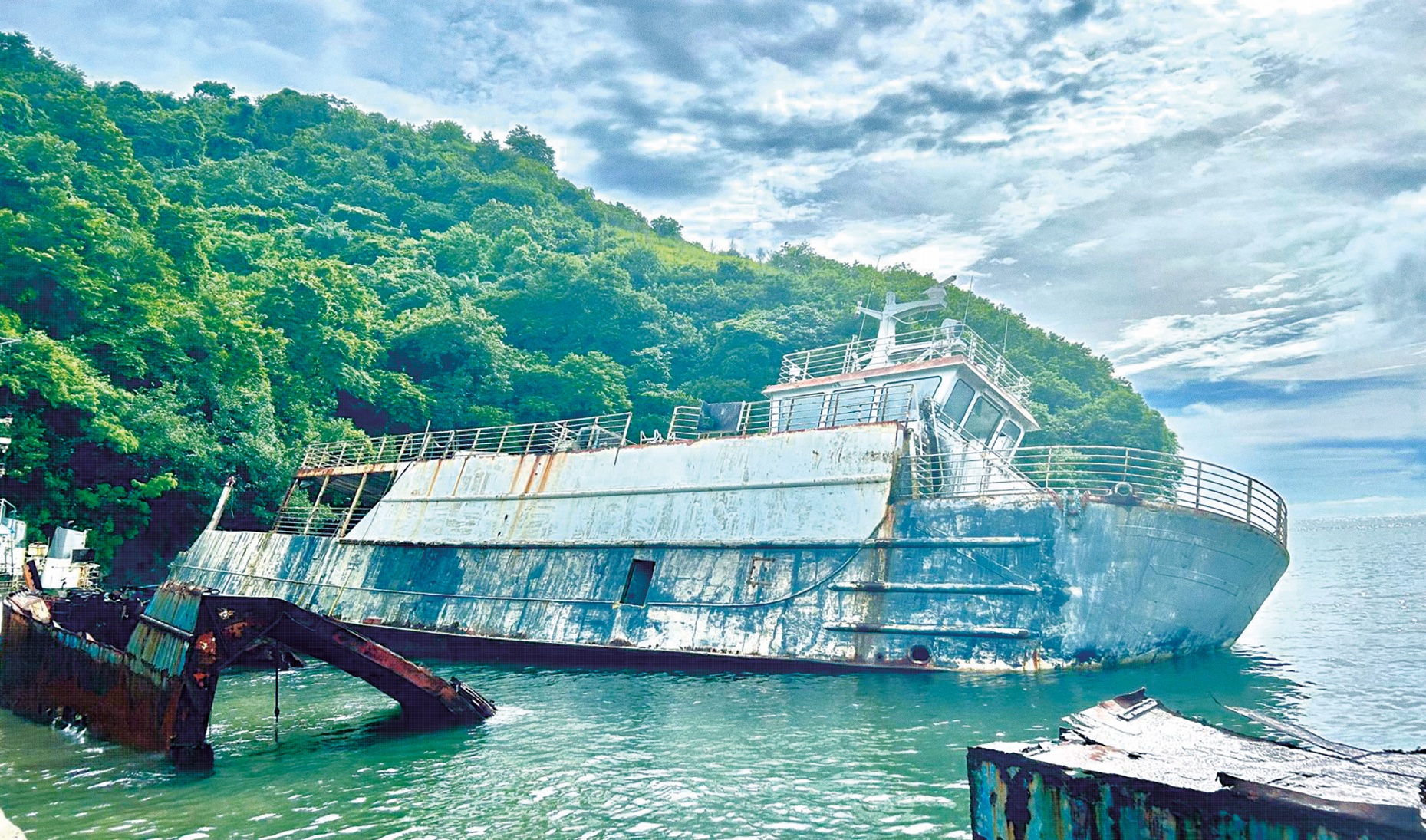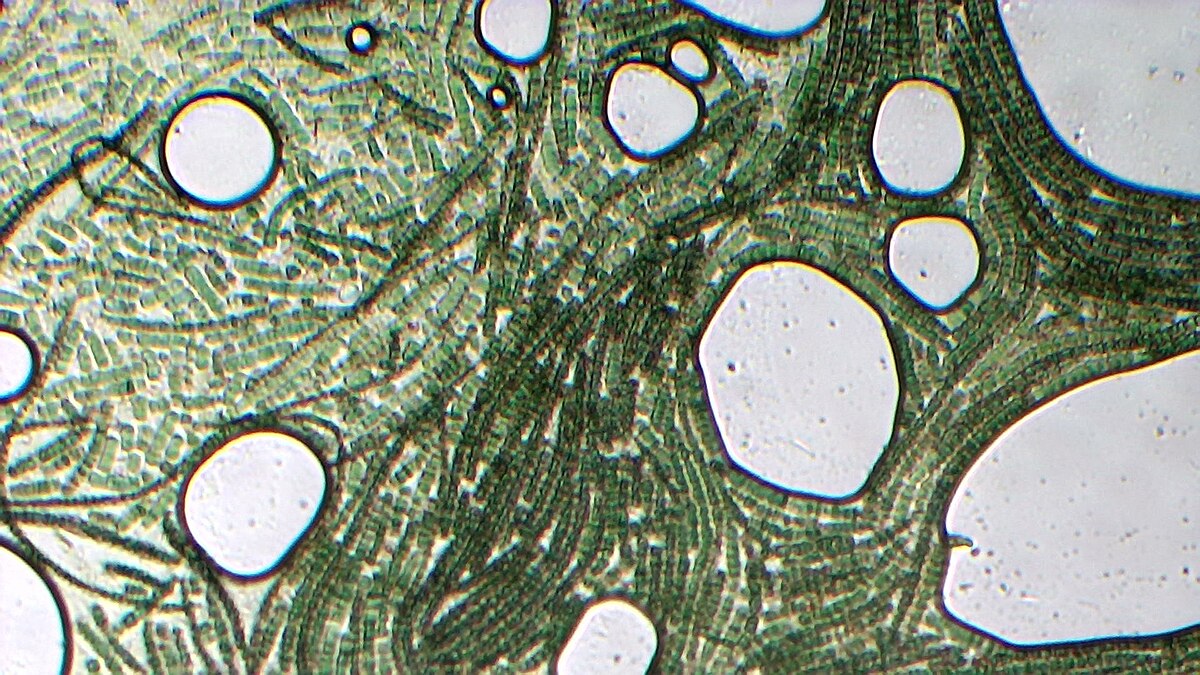We believe that humanity has already developed the technology required to produce enough of everything. But most of the time, these technologies are not used for the improvement of human life. Imagine an alternative, where 3D printers were used to build houses for those in need. Or, with universal access to open-source information, medicine and dietary knowledge were available to all and any who needed it. The challenge now is to figure out how to collect, maintain, and distribute it equitably to everyone who may need it.
Since our collection is intended for distribution and use rather than hoarding wealth and accumulation, the Museum of Care will structure its entire Survival Kit collection in a way that allows visitors to replicate it if they wish.
Our museum will take pride not in its uniqueness, but in its ability to be replicated.
With the climate crisis looming, it makes sense to focus on a survival-centered collection.

The David Graeber Institute is developing a Museum of Care in Saint Vincent and the Grenadines using an abandoned ship that is set to be pulled ashore and installed near the old oceanfront airport. The museum will be organized around a collection called the Survival Kit, which focuses on the maintenance of human life rather than the preservation of art objects.
We plan to devote special attention to technologies of Care and share the story of political software created for free distribution – an open source movement. We aim to host regular exhibitions dedicated to the defenders of the commons, organize public talks and events, and explore the intersections of science, technology, and politics.
A significant part of our museum will be dedicated to the native people of Saint Vincent—the Garifuna—their culture, traditions, and history of their heroic struggle for independence.
There will be a special room in our Museum, which will be called the “Room of Giants.” There we will start to collect the Metapersons, which can include individuals whose legacy we think is truly magnificent (like David Graeber) as well as entire nations (such as the heroic Garifuna people).
This stands in opposition to the lineage of the museological tradition, whereby colonial ‘treasures’ were brutally decontextualized and recategorised as artefacts
An opposition that rejects scarcity of reproduction and bids anyone to make copies in the spirit of free distribution, of making survival a possibility for everyone.
This said, we wink at other museums that might want to become a part of a network, that might want to add, develop, and in turn distribute their own collections to all countries and continents!
















